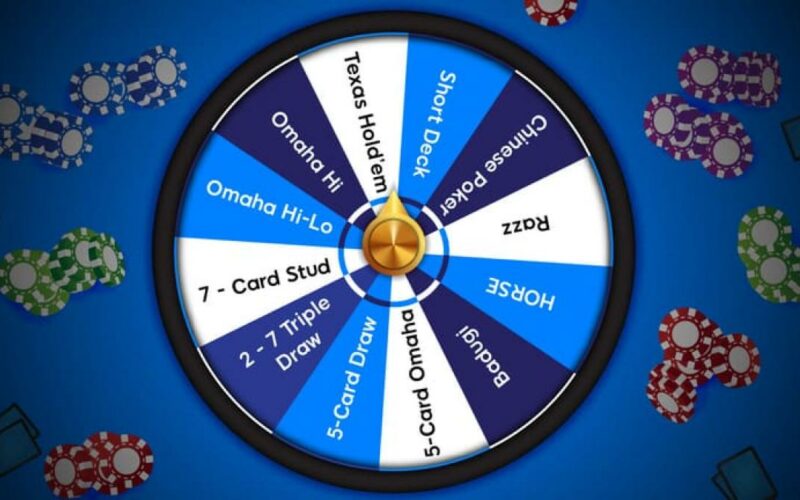Before the dealer deals cards to players, at least two players at the table must put money into the pot. These “forced bets” are called “blinds” and are used to control the action of the hand. The two players sitting to the left of the dealer button are always the ones posting bets of Poker Rules. The dealer button moves around the table each hand, so each player is forced to play the small blind and big blind once per round.
The values of the small blind and the big blind are predetermined. For example, if you play the $1/$2 game at your local casino, the small blind will be worth $1 and the big blind will be worth $2. The dealer will deal the trump card to each player after the players in the blind room have placed their bets. From there, each player can call the value of the big blind, raise or fold.
It should be noted that in some games, especially poker tournaments, all players are required to contribute an additional “ante” bet, usually worth around 10% of the big blind. In modern poker games, the bet is usually posted to all players by one of the players at the table, usually the one sitting in the big blind or button.
Bet at Poker – It’s time to act on your hand
Learning to play poker is not just about knowing which hand wins which hand. In reality, poker is all about what you do with your chips, not your cards, and many poker hands are not won by the best hands. In fact, most poker hands never even reach a draw, meaning it doesn’t matter which player’s hand wins.
After all trump cards are dealt, the player to the left of the big blind, also known as “under the gun”, is the first to act on their hand. After he acts, the action continues around the table until the big blind is reached. If the bet is increased in the middle, the player may have more opportunities to act on his hand during a betting round.
Here are the actions you can take during a poker game:
- Fold: Folding means you discard your trump cards and are no longer involved in the hand. You won’t win your bet by folding, but you won’t lose any extra chips either.
- Call: Calling means you pay the current bet value. If you don’t get a raise, you will have to pay a large blind amount. If another player raises before you, you will have to raise by this amount.
- Increase: Whether the bet amount has been increased or not, you still have the opportunity to increase it further. In No-Limit Hold’em, you can increase your bet as high as you want, up to the value of your entire chip count.
- Check: If there is no setup, you can check your option, which means you don’t put any chips in the pot and pass the action to the next player in line. You won’t be able to check before the flop unless you’re the big blind, as you’ll need to at least match the big blind to keep your hand. Betting: Whenever there is no action in front of you, you can start betting. If you think you have a hand worth playing, you can choose not to check your options but bet that the other players will have to call.
Conclusion
Poker is a little more difficult than most other card games, as you have undoubtedly realised after reading about the fundamental rules of the game. Every player has a chance to win the hand, therefore the one who is dealt the best cards is not always the player who ends up winning it. When playing poker, you will use the four betting streets, each of which has a specific objective, to place bets, raise bets, and make calls.





